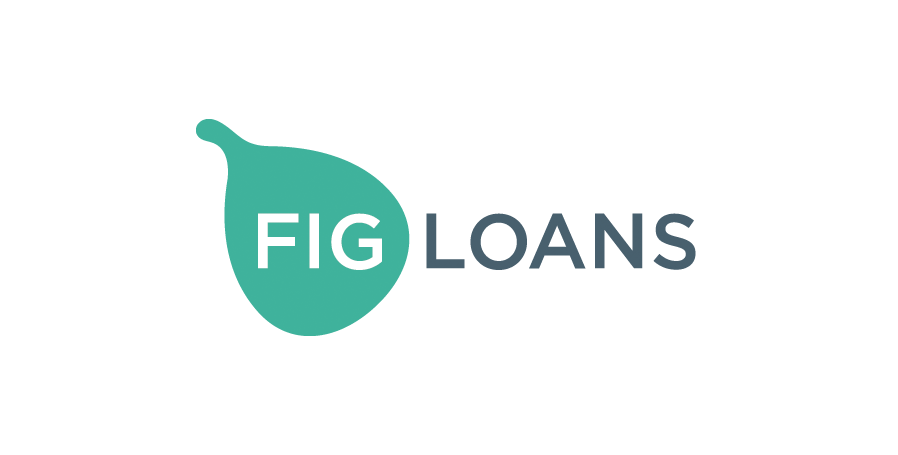

Fig Tech Inc

Texas, United States
September 2017
Other credit - Developed Markets
Service with Minor Environmental Footprint
United States
Fig Loans was founded by two Wharton Business School graduates who were frustrated that high-interest payday loans were the only emergency funding available to subprime borrowers. John Li and Jeffrey Zhou were determined to create a model of responsible lending. A model that would align business returns with the financial health of the borrower. Today, Fig Loans does exactly that. Fig maximizes their profit by building up the financial health of their customers. Their model starts with the Fig Loan, a socially responsible alternative to predatory payday loans that was designed in collaboration with United Way of Houston and incorporates the CFPB’s small dollar lending remedies. The loan serves as an entry point and naturally transitions into a longer-term credit building product. In the short term, Fig provides a socially responsible, credit building alternative to payday loans. In the long term, Fig helps improve consumers’ financial health by building their credit up so they can access affordable mainstream credit products. In this way, Fig offers Americans with bad credit a second chance to rebuild credit and regain access to traditional credit products.
Overall B Impact Score
Governance 19.3
Governance evaluates a company's overall mission, engagement around its social/environmental impact, ethics, and transparency. This section also evaluates the ability of a company to protect their mission and formally consider stakeholders in decision making through their corporate structure (e.g. benefit corporation) or corporate governing documents.
What is this? A company with an Impact Business Model is intentionally designed to create a specific positive outcome for one of its stakeholders - such as workers, community, environment, or customers.
Workers 30.5
Workers evaluates a company’s contributions to its employees’ financial security, health & safety, wellness, career development, and engagement & satisfaction. In addition, this section recognizes business models designed to benefit workers, such as companies that are at least 40% owned by non-executive employees and those that have workforce development programs to support individuals with barriers to employment.
Community 18.6
Community evaluates a company’s engagement with and impact on the communities in which it operates, hires from, and sources from. Topics include diversity, equity & inclusion, economic impact, civic engagement, charitable giving, and supply chain management. In addition, this section recognizes business models that are designed to address specific community-oriented problems, such as poverty alleviation through fair trade sourcing or distribution via microenterprises, producer cooperative models, locally focused economic development, and formal charitable giving commitments.
Environment 0.0
Environment evaluates a company’s overall environmental management practices as well as its impact on the air, climate, water, land, and biodiversity. This includes the direct impact of a company’s operations and, when applicable its supply chain and distribution channels. This section also recognizes companies with environmentally innovative production processes and those that sell products or services that have a positive environmental impact. Some examples might include products and services that create renewable energy, reduce consumption or waste, conserve land or wildlife, provide less toxic alternatives to the market, or educate people about environmental problems.
What is this? A company with an Impact Business Model is intentionally designed to create a specific positive outcome for one of its stakeholders - such as workers, community, environment, or customers.
Customers 46.5
Customers evaluates a company’s stewardship of its customers through the quality of its products and services, ethical marketing, data privacy and security, and feedback channels. In addition, this section recognizes products or services that are designed to address a particular social problem for or through its customers, such as health or educational products, arts & media products, serving underserved customers/clients, and services that improve the social impact of other businesses or organizations.
What is this? A company with an Impact Business Model is intentionally designed to create a specific positive outcome for one of its stakeholders - such as workers, community, environment, or customers.